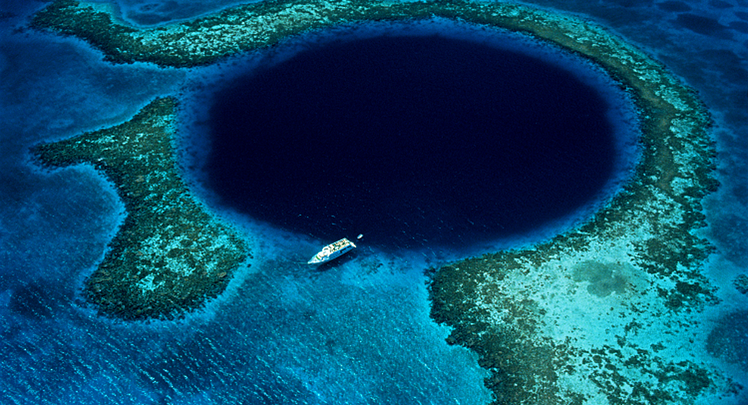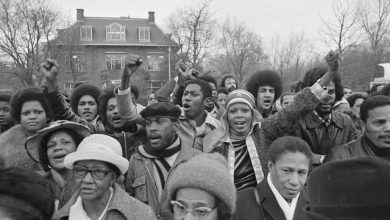OngoingThe Americas
Belize: Crumbing British Colony or Thriving Nation?
The small country of Belize has endured its fair share of struggles since its independence.

The earliest known inhabitants of modern-day Belize were Mayans, whose civilization spread throughout the entire Yucatan peninsula. By the early 16th century, the Maya population had declined. Those remaining in the general area were sent to Guatemala to work in agriculture or died of introduced diseases.
British Honduras
By the late 1800’s, Mayans in Mexico began rebelling against Spanish settlement. Refugees from these fights settled in Belize, which heightened tensions with locals. The settlement, in attempts to resolve longstanding problems, officially requested to become a British colony, which was supervised by the governor of Jamaica. The name officially became “British Honduras,” becoming a Crown Colony in 1871. In 1884, British Honduras was officially detached from Jamaica and given its own governor.
Hurricane and the End of Belize City
A crippling hurricane in 1931 destroyed much of the country along with the capital city. In the subsequent years, the economy was so frail that local residents began championing for an independence movement from the commonwealth. Nearly 20 years later, voting rights were extended to all adults of legal voting age, and by 1961 England began the process of allowing Belize to become independent.
The country’s official independence was delayed by a territorial claim by Guatemala, forcing the British Royal Navy to come to the country’s defense in 1975 and 1977 in response to the threat of Guatemalan invasion.Today, the beautiful country is plagued with one of the highest murder rates per capita in the world. Because of the small size of the country and lack of natural resources due to over farming of mahogany trees in the region.
The retains of territorial claims over the country by Guatemala originate from rights as a former Spanish colony. The matter was tried before the International Court of Justice at The Hague in December of 2008. A referendum, scheduled for 2016, never took place. The country is still looking forward to solving their boundary dispute with their neighbors in the near future.




